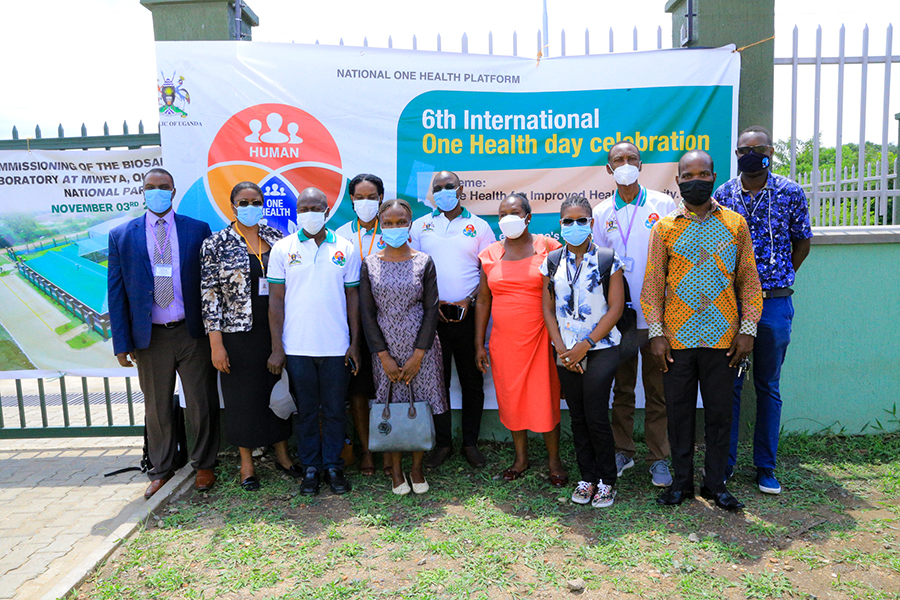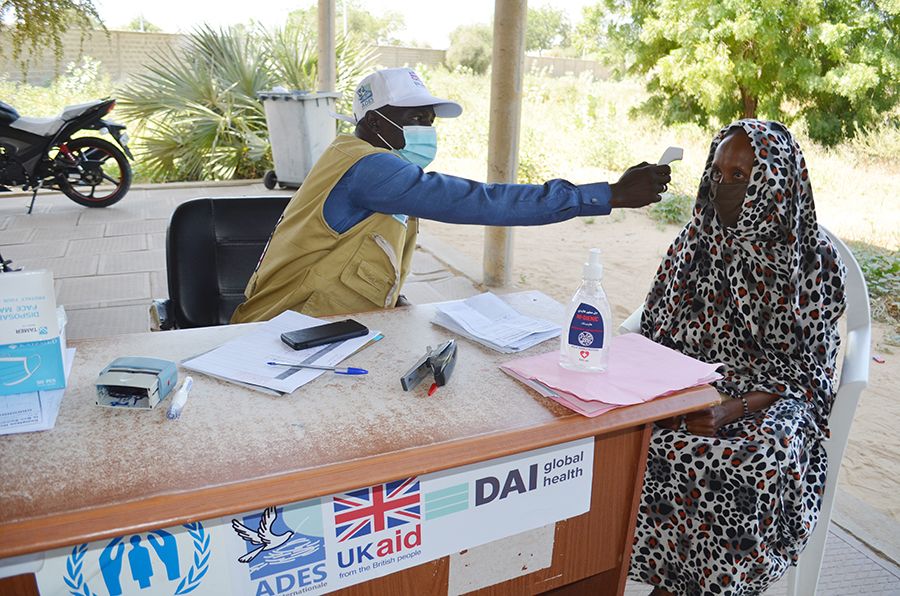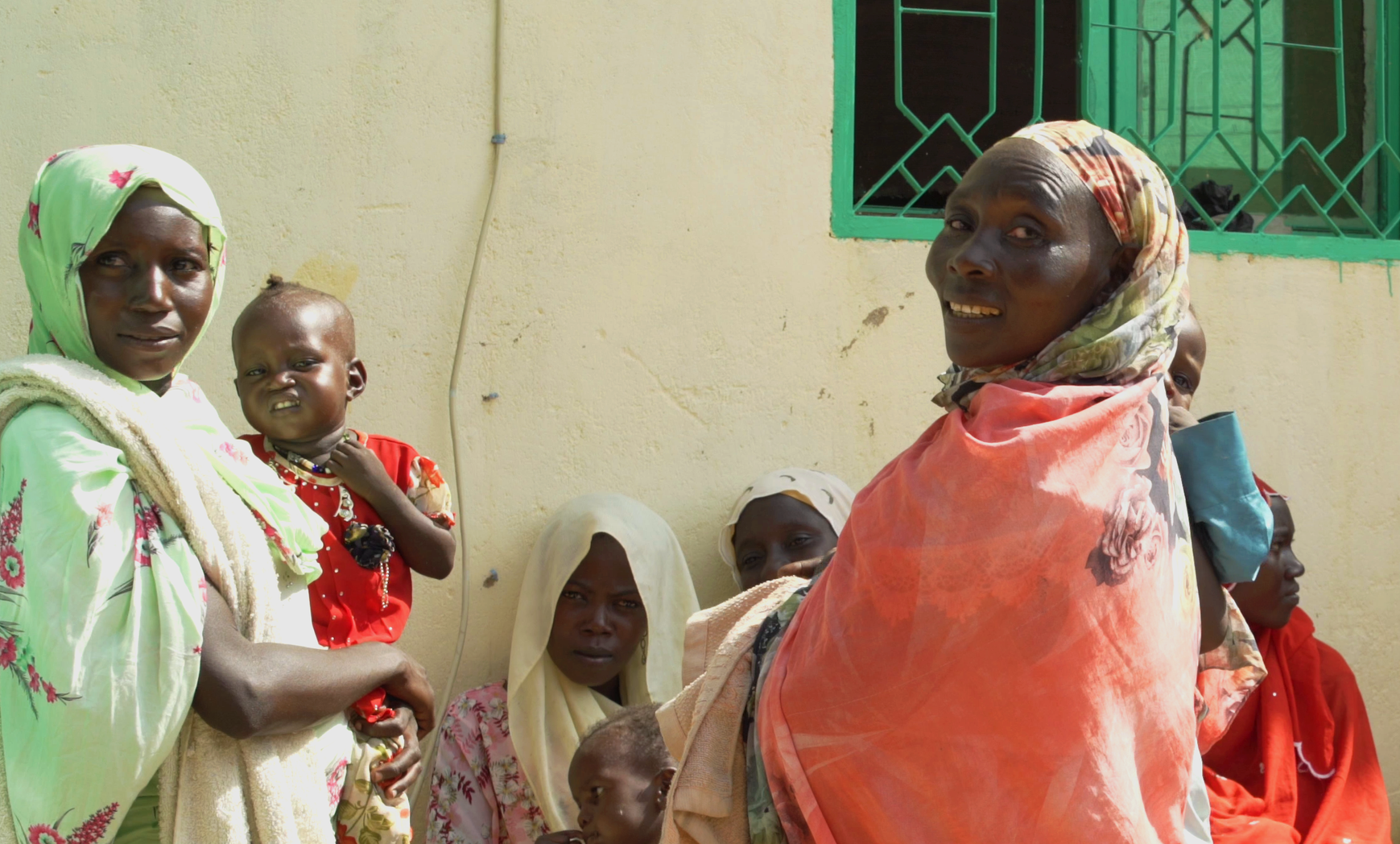In March, the World Health Organization (WHO) announced that the United Nations Environment Programme (UNEP) was joining the One Health alliance, formally establishing a Quadripartite partnership. The alliance, previously referred to as a Tripartite partnership, includes the WHO, the Food and Agriculture Organization (FAO), and the World Organisation for Animal Health (OIE). Monique Eloit, OIE Director General, said that the inclusion of the UNEP “will provide an important contribution to advance One Health. This new chapter in our partnership will make us stronger and more prepared to serve our members and address global health challenges.”
For development practitioners and the global health community, the move to embrace one of the world’s leading environment agencies also signals a greater commitment to health security and an acknowledgement of the intimate connection between human health and the environment. Air pollution, water use, sanitation, biodiversity, waste management, and climate change—all bedrock concerns for UNEP—are critical factors that have a direct impact on health. Recent data, published by the Global Alliance of Health & Pollution, indicates that pollution alone accounts for 9 million deaths a year, equating to one in six deaths worldwide. Without managing environmental issues that can exacerbate health security crises, for example, disease outbreaks and pandemics can easily spiral out of control.
A Boost for Health Security
“When we consider pollution, waste, chemical pollution, or climate change, we can see the great interdependencies between people and the environment,” says Professor Omer Njajou, Technical Lead for the U.K. Foreign, Commonwealth & Development Office-funded Tackling Deadly Diseases in Africa (TDDA) programme, which aims to strengthen national One Health platforms and health security action plans across the continent.
Such interdependencies are magnified during health security crises, says Njajou, who saw first-hand how managing environmental factors was critical to reducing the threat of COVID-19. “During the height of the pandemic, the TDDA project supported testing and healthcare worker training, and combatted COVID-19 misinformation in communities. But we started asking, what happens to all the COVID-19 waste, like gloves, masks, tests, etcetera? These biohazards can endanger human and animal health and there was no way to manage them. Now we are working with the national government in Cameroon to develop a waste management plan and standard operating procedures for medical and chemical waste disposal.”
Professor Nitish Debnath, Team Leader for the Bangladesh Fleming Fund program, and a member of the WHO’s One Health High-level Expert Panel, also emphasized the importance of incorporating environmental concerns into health security threat mitigation.
“I was a founding member of the One Health Platform in Bangladesh and since 2008, the platform has been collaborating with the Ministry of Health & Family Welfare, the Ministry of Environment and Forest, and the Ministry of Livestock & Fisheries,” says Debnath.
“Our One Health strategic framework and partnership agreement helped us to successfully respond to the avian influenza and nipah virus outbreaks in Bangladesh several years ago.” Both viruses can spread through wildlife, endangering the health of humans and animals.
Calling antimicrobial resistance (AMR) a “growing global health security threat,” Debnath says we need to think about how that threat is compounded by factors related to the environment. “Resistant bacteria can travel through waste, water, and soil, and further exacerbate resistance,” he says. “In Bangladesh, the Fleming Fund, which aims to strengthen AMR surveillance, has further boosted One Health collaboration and is supporting integrated surveillance to tackle AMR.” Integrated surveillance incorporates human, animal, and environmental data.

“Big Win” for People and Planet
In addition to boosting health security, elevating the importance of the environment within the One Health approach can improve the health of the planet, which has a direct impact on human wellbeing. UNEP supports biodiversity, air quality, renewable energy sources, waste management, sustainable water use, and ocean and sea protection initiatives—all of which are integral to human health. “It’s a big win for a traditionally neglected sector. We can start thinking about air quality, water, and sanitation and how those impact our health and our environment,” says Njajou.
“Chemical and biological waste and hazard management aren’t heavily supported by donors,” he adds. “Hopefully, following the pandemic and this UNEP announcement, we’ll see more finance in these areas.”
Open Doors for Future Collaboration
As more world leaders call for climate action and integrated health security initiatives, One Health may move to the fore. Environment data will become more integral across One Health initiatives so existing systems, such as the Famine Early Warning Systems Networks (FEWSNET), can use climate and weather information to help identify disease risk. Njajou predicts that One Health platforms will become the main mechanism to prevent, detect, and respond to public health events—whether zoonotic, biological, or chemical. “We need to see many other people around the table and recognize non-traditional actors. I anticipate One Health being opened to include gender representatives, defence forces, communication professionals, and civil society.”
Debnath agrees. “The One Health Alliance’s newest definition of One Health underlines the importance of a harmonious balance between people and planetary systems, stewardship, and sustainable solutions. Working together means protecting our health.”






